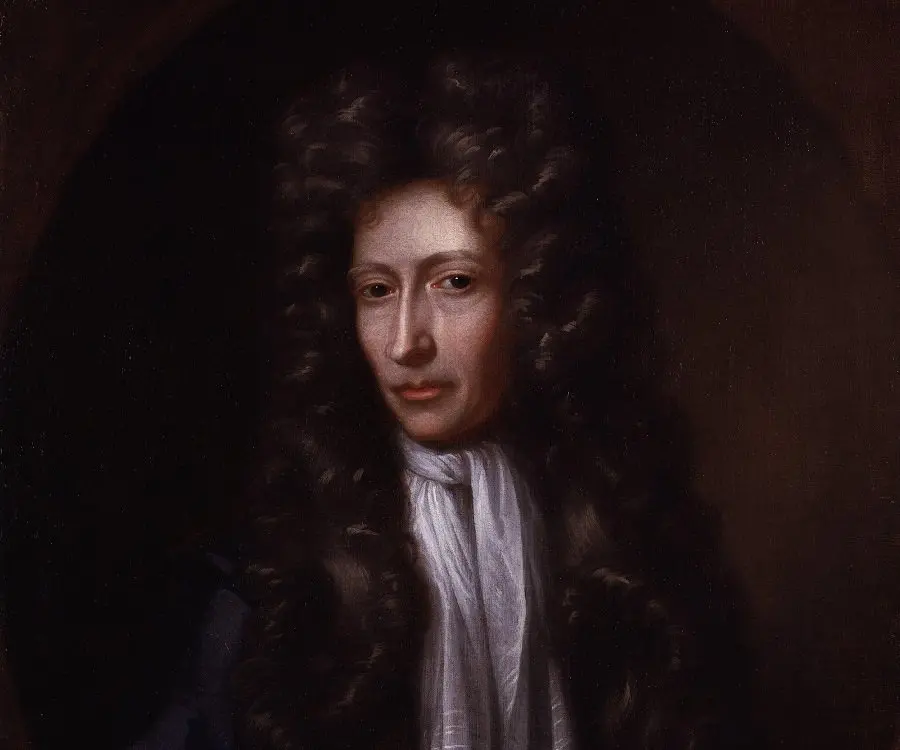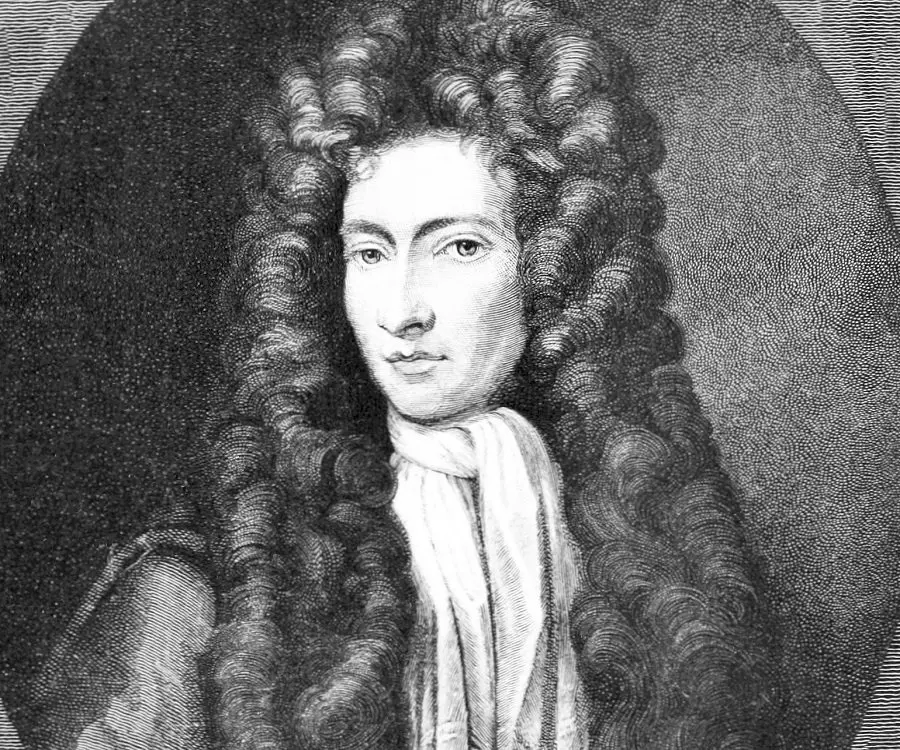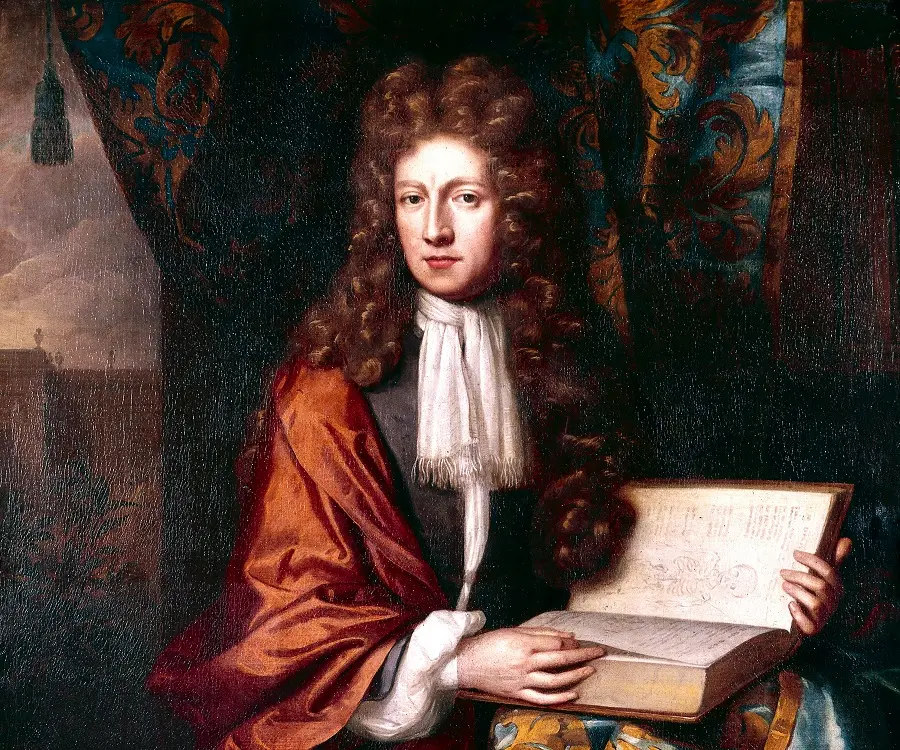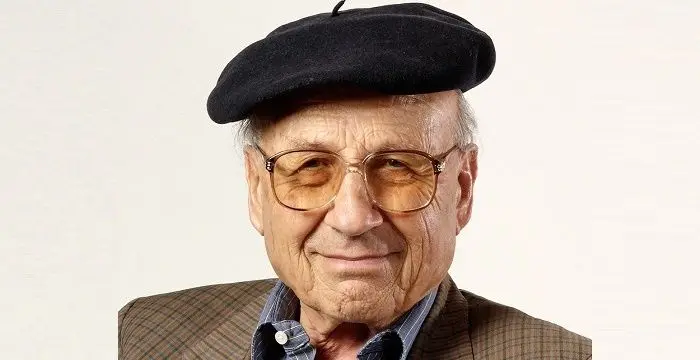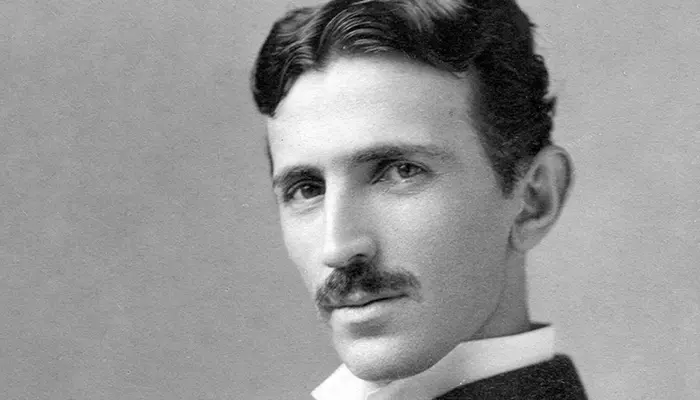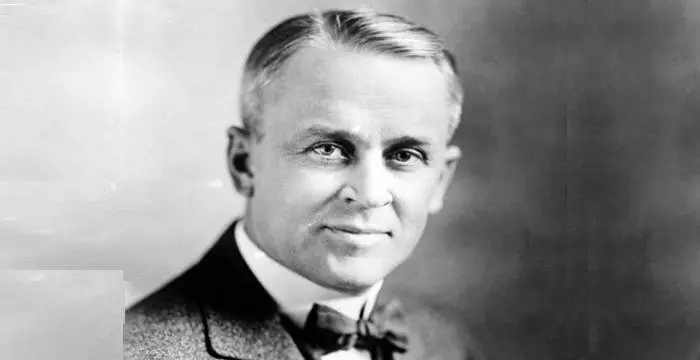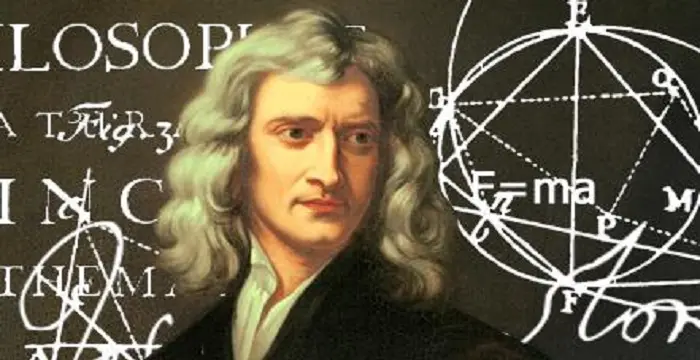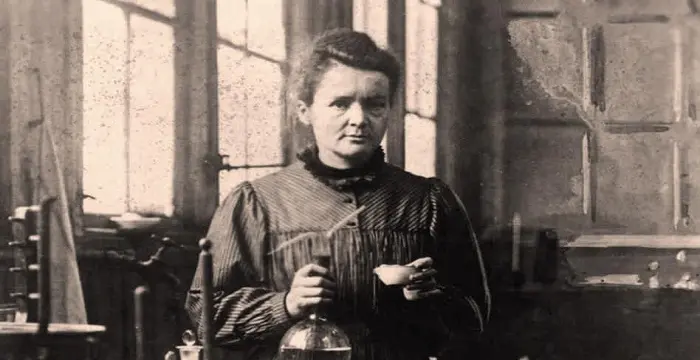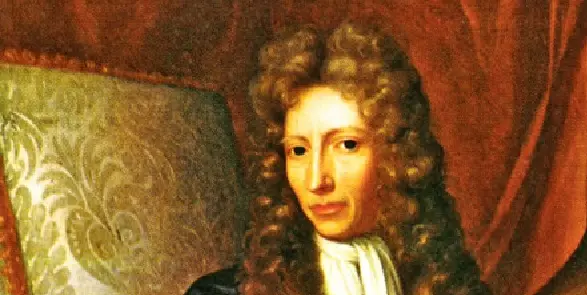
Robert Boyle - Boyle's Law, Life Achievements and Childhood
Robert Boyle's Personal Details
Robert Boyle was one of the founders of modern chemistry
| Information | Detail |
|---|---|
| Birthday | January 25, 1627 |
| Died on | December 30, 1691 |
| Nationality | Irish, British |
| Famous | Eton College, Philosophers, Scientists, Physicists, Chemists, Boyle's Law, Founder of Modern Chemistry |
| Siblings | Lady Ranelagh |
| Known as | Robert William Boyle |
| Universities |
|
| Notable Alumnis |
|
| Discoveries / Inventions |
|
| Birth Place | Ireland |
| Born Country | Ireland |
| Religion | Christian |
| Gender | Male |
| Father | Richard Boyle |
| Mother | Catherine Fenton |
| Sun Sign | Aquarius |
| Born in | Ireland |
| Famous as | Founder of Modern Chemistry, Boyle's Law |
| Died at Age | 64 |
Robert Boyle's photo
Who is Robert Boyle?
Robert Boyle was an Anglo-Irish natural philosopher, chemist and physicist. As one of the early pioneers of modern experimental scientific method, Boyle made huge contribution to a number of subjects, including chemistry, physics, medicine, hydrostatics, natural history and earth sciences. He was raised in Ireland by the Earl of Cork, Richard Boyle, who sent him to Eton College, England, to pursue higher studies. Boyle travelled around Europe to gain more exposure in education and settled in Dorset to realize his love for science there. He got so much interested in his chemical experiments that when he moved back to Ireland and found out that the country was not ready for a scientific revolution yet, he moved to Oxford. It was in Oxford that he produced the best works of his life, in the company of other physicists, chemists and inventors like himself. He was made the member of council for ‘The Royal Society of London for Improving Natural Knowledge’. His book ‘The Sceptical Chymist’ is considered as a key book in chemistry and he is known for contributing in a big way in the field of science with his ‘Boyle’s Law’.
Childhood & Early Life
Robert Boyle was born on January 25, 1627 in Ireland to Richard Boyle and Catherine Fenton. His father was the first Earl of Cork and left England when he was young to settle down in Ireland and his mother was a daughter of the famous writer Geoffrey Fenton.
He went to Eton College to study and travelled around Europe for his education. When he was done with his travels in 1644, he settled in Dorset and built a laboratory there for he was very interested in science by now.
Career
After completing his educational expeditions in Europe, Boyle settled down in Dorset at his father’s property and started to work with a number of natural philosophers from Royal Society of London called ‘Invisible College’.
In 1652, Boyle had to move back to Ireland and he tried to continue his scientific endeavors there but soon got frustrated as Ireland was not an ideal country to experiment with chemistry back then because the country was scientifically backward.
After struggling with Ireland’s lack of proper scientific temperament, Boyle shifted to Oxford in 1654 and rented rooms in the University College and formed the ‘Experimental Philosophy Club’ with natural philosophers and physicians.
In 1659, Boyle, along with Robert Hooke, constructed an air pump, which helped Boyle in studying air pressure and vacuum, and a year later he published ‘New Experiments Physico-Mechanicall, Touching the Spring of the Air and Its Effects’.
Boyle published his most influential writing ‘The Sceptical Chymist ‘in 1661, which beat the then-current Aristotelian and especially Paracelsian notions about the composition of matter and methods of chemical analysis.
Boyle and Hooke worked together on studying characteristics of air, including its role in combustion, respiration, and the transmission of sound. In 1662, they published their finding which was later known as “Boyle’s law.”
In 1663 the’ Invisible College’ was transformed into ‘The Royal Society of London for Improving Natural Knowledge’ and Boyle was named as a member of the council by the charter of incorporation granted by Charles II of England.
Boyle left Oxford and went to live with his sister Lady Ranelagh in London in 1668. There he continued his writings on natural philosophy and enjoyed the company of his physicist neighbors like Isaac Barrow and Thomas Sydenham.
In 1670, he suffered from a stroke that left him paralyzed but his health continued to get better slowly after that. He continued to work on his scientific researches even though he was physically restricted in many ways.
Boyle declined the offer to serve as President of the Royal Society in 1680 owing to his religious beliefs. He produced some of his scientific and religious writings during this time, like, ‘Medicina Hydrostatica’, The Christian Virtuoso’, etc.
Major Works
In 1662, Boyle gave the empirical relation concerning the compression and expansion of gas at constant temperature, it was known as the ‘Boyle’s law’ later. It was the result of his scientific study of air along with Robert Hooke.
Personal Life & Legacy
From 1689-1691 Boyle’s health started deteriorating and it became impossible for him to see people anymore and he increasingly became a recluse. In 1691, he died of paralysis, just a week after his sister’s death, with whom he lived for 20 years.
Trivia
His scientist friends, like John Wallis, were always interested in setting him up for a marriage but he was too busy with his scientific researches and writings that he never found any time or inclination for it.
Boyle, towards the end of his life, saw his friends, students and other people less and less for his health did not allow him to socialize very much. He used to see people on Tuesday and Friday forenoon, and Wednesday and Saturday afternoon.
He was buried in the churchyard of St Martin-in-the-Fields and in his will Boyle gifted a series of lectures which came to be known as the ‘Boyle Lectures’. These lectures defended the Christian religion against infidels, atheists, deists, pagans, Jews and Muslims.
// Famous Philosophers
Martin Buber
One of the greatest philosophers to have ever walked on earth, Martin Buber contributions to philosophy is a long-standing one. Explore all about his profile, childhood, life and timeline here.
Lao Tzu (Laozi)
Lao Tzu was a legendary Chinese philosopher who wrote the important “Daodejing”. This biography profiles his childhood, life, career, achievements and timeline.
Alan Watts
Alan Watts was a famous British philosopher known for his Zen teachings and interpretations of Eastern philosophy. Read more about this great philosopher in the following article.
Robert Boyle's awards
| Year | Name | Award |
|---|---|---|
Other | ||
| 0 | Fellow of the Royal Society | |
Robert Boyle biography timelines
- // 25th Jan 1627Robert Boyle was born on January 25, 1627 in Ireland to Richard Boyle and Catherine Fenton. His father was the first Earl of Cork and left England when he was young to settle down in Ireland and his mother was a daughter of the famous writer Geoffrey Fenton.
- // 1644He went to Eton College to study and travelled around Europe for his education. When he was done with his travels in 1644, he settled in Dorset and built a laboratory there for he was very interested in science by now.
- // 1652In 1652, Boyle had to move back to Ireland and he tried to continue his scientific endeavors there but soon got frustrated as Ireland was not an ideal country to experiment with chemistry back then because the country was scientifically backward.
- // 1654After struggling with Ireland’s lack of proper scientific temperament, Boyle shifted to Oxford in 1654 and rented rooms in the University College and formed the ‘Experimental Philosophy Club’ with natural philosophers and physicians.
- // 1659In 1659, Boyle, along with Robert Hooke, constructed an air pump, which helped Boyle in studying air pressure and vacuum, and a year later he published ‘New Experiments Physico-Mechanicall, Touching the Spring of the Air and Its Effects’.
- // 1661Boyle published his most influential writing ‘The Sceptical Chymist ‘in 1661, which beat the then-current Aristotelian and especially Paracelsian notions about the composition of matter and methods of chemical analysis.
- // 1662Boyle and Hooke worked together on studying characteristics of air, including its role in combustion, respiration, and the transmission of sound. In 1662, they published their finding which was later known as “Boyle’s law.”
- // 1662In 1662, Boyle gave the empirical relation concerning the compression and expansion of gas at constant temperature, it was known as the ‘Boyle’s law’ later. It was the result of his scientific study of air along with Robert Hooke.
- // 1663In 1663 the’ Invisible College’ was transformed into ‘The Royal Society of London for Improving Natural Knowledge’ and Boyle was named as a member of the council by the charter of incorporation granted by Charles II of England.
- // 1668Boyle left Oxford and went to live with his sister Lady Ranelagh in London in 1668. There he continued his writings on natural philosophy and enjoyed the company of his physicist neighbors like Isaac Barrow and Thomas Sydenham.
- // 1670In 1670, he suffered from a stroke that left him paralyzed but his health continued to get better slowly after that. He continued to work on his scientific researches even though he was physically restricted in many ways.
- // 1680Boyle declined the offer to serve as President of the Royal Society in 1680 owing to his religious beliefs. He produced some of his scientific and religious writings during this time, like, ‘Medicina Hydrostatica’, The Christian Virtuoso’, etc.
// Famous Physicists
Henry Cavendish
Henry Cavendish was a theoretical chemist and physicist, renowned for discovery of hydrogen and calculation of the mass of earth. To know more about his childhood, profile, timeline and career read on
Walter Kohn
Nobel Laureate Walter Kohn was an Austrian-born American theoretical chemist and physicist. Check out this biography to know about his childhood, life, achievements, works & timeline.
Nikola Tesla
Nikola Tesla was a Serbian-American inventor, best known for his development of alternating current electrical systems. This biography of Nikola Tesla provides detailed information about his childhood, life, achievements, works & timeline.
Robert Andrews Millikan
Robert Andrews Millikan was an eminent American experimental physicist who won the Nobel Prize for Physics in 1923 for his work on photoelectric effect. Check out this biography to know about his childhood, life, achievements, works & timeline.
Isaac Newton
Isaac Newton was an English scientist and mathematician, who discovered gravitation and Newtonian Mechanics. Read this biography to find more on his life.
Marie Curie
Marie Curie was a Physicist and Chemist, who was world renowned for her work on radioactivity. She also was the winner of two Nobel Prize. Read this biography to get info about her life and profile.
Robert Boyle's FAQ
What is Robert Boyle birthday?
Robert Boyle was born at 1627-01-25
When was Robert Boyle died?
Robert Boyle was died at 1691-12-30
Where was Robert Boyle died?
Robert Boyle was died in London
Which age was Robert Boyle died?
Robert Boyle was died at age 64
Where is Robert Boyle's birth place?
Robert Boyle was born in Ireland
What is Robert Boyle nationalities?
Robert Boyle's nationalities is Irish, British
Who is Robert Boyle siblings?
Robert Boyle's siblings is Lady Ranelagh
What was Robert Boyle universities?
Robert Boyle studied at Eton College, University College Oxford Eton College
What was Robert Boyle notable alumnis?
Robert Boyle's notable alumnis is Eton College
What is Robert Boyle's inventions/discoveries?
Boyle's Law, The Prolongation Of Life, Art Of Flying, Perpetual Light, A Ship To Sail With All Winds, And A Ship Not To Be Sunk, Practicable And Certain Way Of Finding Longitudes, Potent Drugs To Alter Or Exalt Imagination, Waking, Memory And Other Functions And Appease Pain was invented (or discovered) by Robert Boyle
What is Robert Boyle's religion?
Robert Boyle's religion is Christian
Who is Robert Boyle's father?
Robert Boyle's father is Richard Boyle
Who is Robert Boyle's mother?
Robert Boyle's mother is Catherine Fenton
What is Robert Boyle's sun sign?
Robert Boyle is Aquarius
How famous is Robert Boyle?
Robert Boyle is famouse as Founder of Modern Chemistry, Boyle's Law
